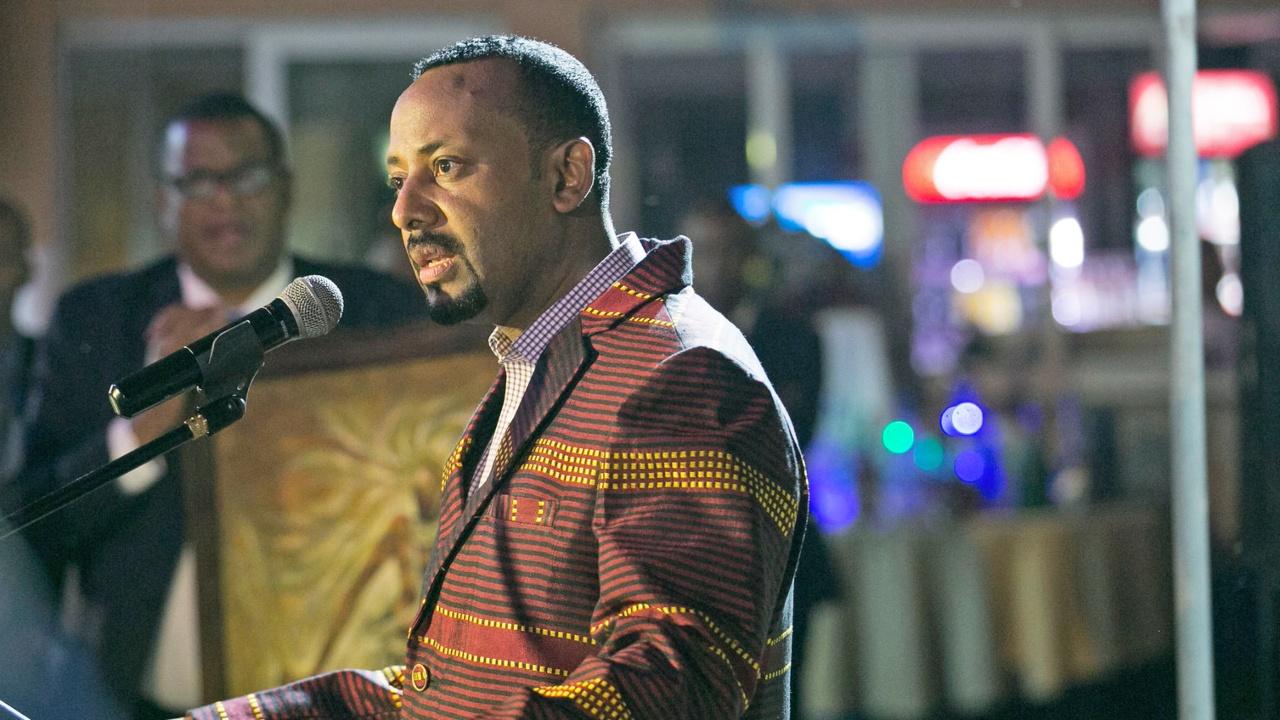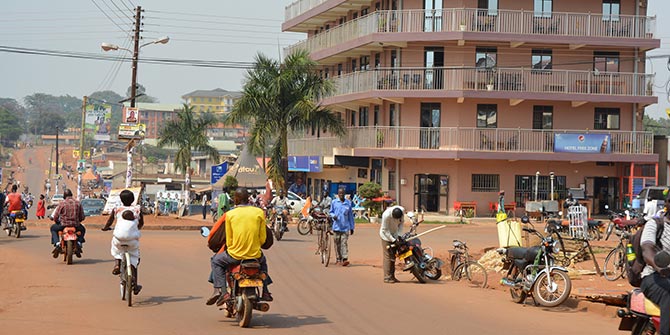In the aftermath of the London Somalia summit, LSE’s Katy Long says that effort must be made to understand the Somali state before trying to “fix” it.
Last week’s London Somalia summit began with bold proclamations. It ended in a whisper. The anticlimactic end was not altogether unexpected given that the conference conclusions had been widely leaked ten days previously.
The summit, however, wasn’t about talking: it was about international leaders being seen to talk. David Cameron and Hilary Clinton may have talked of turning points and “an unprecedented opportunity to change“ Somalia. Yet it’s impossible to escape the sense that for the West, intervention in Somalia remains an exercise in state-making.

Twenty years of crises suggest that this focus is shaped to Western interests rather than Somali needs. Bolstering the number of AMISOM troops or setting up a piracy task force is unlikely to meet either of these objectives in the long-term. The instant verdict from most observers was one of disappointment: the “rhetoric of Somali inclusion“ amounting to little more than another round of “externally driven solutions”.
So where now? I think we need to start asking far more radical questions about the nature of state-making in the Horn. As Ken Menkhaus, a leading Somali scholar, has argued, “attempts to revive the failed state in Somalia without addressing the causes of that failure have proven again and again to be a recipe for failure“. So before “fixing” it, we need first to ask: what is the Somali state for?
Modern Western liberal theories of the state neatly bind together the exercise of state power – Weber’s famous definition of the state as the authority able to exercise a “legitimate monopoly on violence” – with the notion that legitimacy derives from governing in the name of “the people”, who are citizens with “the right to have rights”.
Clinton, Cameron et al. have therefore tended to focus on this need for a Somali-owned state, insisting that the Somalis must find their own solutions to their political chaos. Yet their end aim is a secure Somali state able to monopolise violence and eradicate the terrorism and piracy that threaten Western state interests. Are these two interests really compatible?
Under Siad Barre, a central Somali state did exist, but it hardly offered democratic participation. This is what AMISOM may achieve: an occupied Somalia. However the conundrum of state-making in the “humanitarian” responsibility to protect (R2P) age is that states – particularly those states dependent upon the international aid community for funding – must not only monopolise “legitimate” violence, but effectively suppress all violence. Insecurity and impunity are expected to end at the ballot box.
So for Somalia to function legitimately – so the theory goes – it needs a national identity, not a dictator or an occupying force. Yet Somalia is often described as a tribal, fractured society – and it is certainly true that the fashion for secession has been catching, often driven by the lure of donor cash.
But clan is not the only story: there are other bases for broader national identities, chief among them Islam and pan-Somali nationalism. Both are troubling for outside observers. The West – as it demonstrated to its own cost in 2006 – finds it difficult to distinguish between the radicalised terror of Al-Qaeda-aligned Al-Shabbab and other versions of Islamic governance. For neighbouring states – particularly Ethiopia– the prospect of a rising pan-Somali nationalism offers few comforts given historic tensions in the Ogaden. The obvious foundations for the sort of Somali state the West wants to build therefore make many of these same would-be state creators profoundly uneasy.
The result, to date, has been the creation of paper donor governments, like the current Transitional Federal Government (TFG). Though its demise is long-overdue, it is difficult to believe that any August successor will work on any principle other than elite clan power-brokering and resource-allocation.
So where does this leave the London Summit, and more importantly, Somalia? The summit, I suspect, will be little more than a footnote in the long history of Western engagement in Somalia. Somalia itself will probably continue to defy attempts to mould it to a standardised, centralised nation-state model.
De facto independent Somaliland offers both a promise and a warning to those who believe smaller states might offer a solution. Even as Somaliland citizens enjoy relative peace and security, the new bonds of citizenship have increasingly excluded internally displaced persons (IDPs) from south-central Somalia, pushing them further into humanitarian crisis.
In fact – as other observers have also argued – the best hope for a Somali peace may lie not in rebuilding problematic state structures, but strengthening other forms of governance — in particular, the vibrant business and social networks that have an interest in securing peace. Poisonous regional border wars will only ultimately be reduced by making the state matter less, possibly by eventually building up supra-national regional citizenships as an alternative.
Help build society, and citizenship – even a well-ordered state – may follow. However, the London summit sadly reinforces the impression that this is proving far too radical a cure for Western states to prescribe. In the meantime, Somalia’s crisis continues.
Katy Long convenes the M.Sc. course on “Managing Humanitarianism” in LSE’s Department of International Development. This blogpost is loosely based on a section of a lecture delivered on 24 February as part of this course: “Horn of Africa: Humanitarian Empire”





